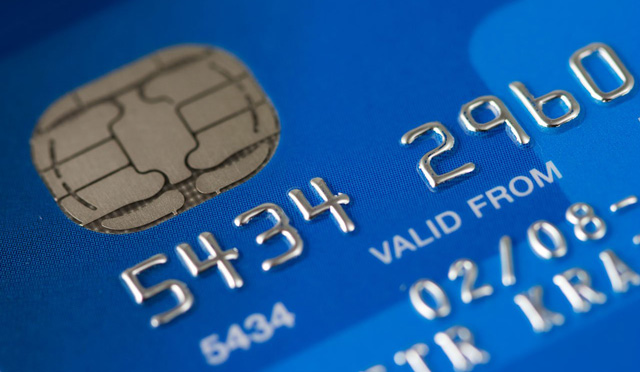
In a major victory for South African retailers, and possibly consumers, the Reserve Bank has approved changes to the “card interchange rate”, the fees a retailer’s bank pays to a cardholder’s bank every time a bank card is used at the point of sale.
The changes took effect on 17 March, but have gone largely unnoticed by the market.
The switch from cash payments to card has resulted in a reduction in costs for banks, yet industry insiders say they have not passed on these savings to consumers.
Some of the changes include a reduction in the credit card rate (where both the issuing and acquiring banks are EMV security standard-compliant) from 1,71% to 1,48% of the transaction value. However, in instances where the card is not present, such as in an online transaction, the rate has risen slightly to 1,73% (where both issuer and acquirer comply to 3D Secure security technology).
The fee for offline cheque debit cards and online electronic credit cards has declined from 1,09 % to 0,44%. Online debit cards fees have declined from 0,55 % from 0,48% (assuming 3D Secure compliance by both parties).
“In essence, the core change was from a regime of three basic rates — credit card, debit card and offline debit/cheque card — to 12 rates at a transactional level,” explains Payments Association of South Africa (Pasa) CEO Walter Volker.
However, Volker says it is unclear how the reduction in rates will affect retailers and consumers.
“The extent to which the new rates will be passed through to the various merchants is in the competitive domain, and will determined by factors such as risk profile, volumes and values, and type of business,” he says.
The estimated loss to banks, according to Volker, is about R2bn/year.
First National Bank has welcomed the reduction in fees, saying it should result in “lower costs to retailers”, which should stimulate increased card payment acceptance in South Africa. This will “drive increased transaction volumes via point of sale”.
FNB says consumers should benefit from greater access to card payments and lower costs to retailers, who should ultimately pass on the benefits to consumers in the form of lower prices.
However, evidence from other countries suggests retailers do not always pass on the savings to consumers, but rather use it to shore up profits.
Banks may also find it difficult to sustain low transaction fees for debit cards and may need to curtail loyalty programmes.
The European parliament this month also voted to reduce the interchange fees for consumer debit and credit card payments.
The new regulations cap interchange fees at 0,2% of the transaction value for consumer debit cards and at 0,3% for consumer credit cards. The regulations still have to be approved.
However, the proposed fees are significantly lower than the ones South African banks charge, even after the cuts.
The new interchange rates are standard across all banks and their implementation is managed by Pasa. — © 2015 NewsCentral Media




